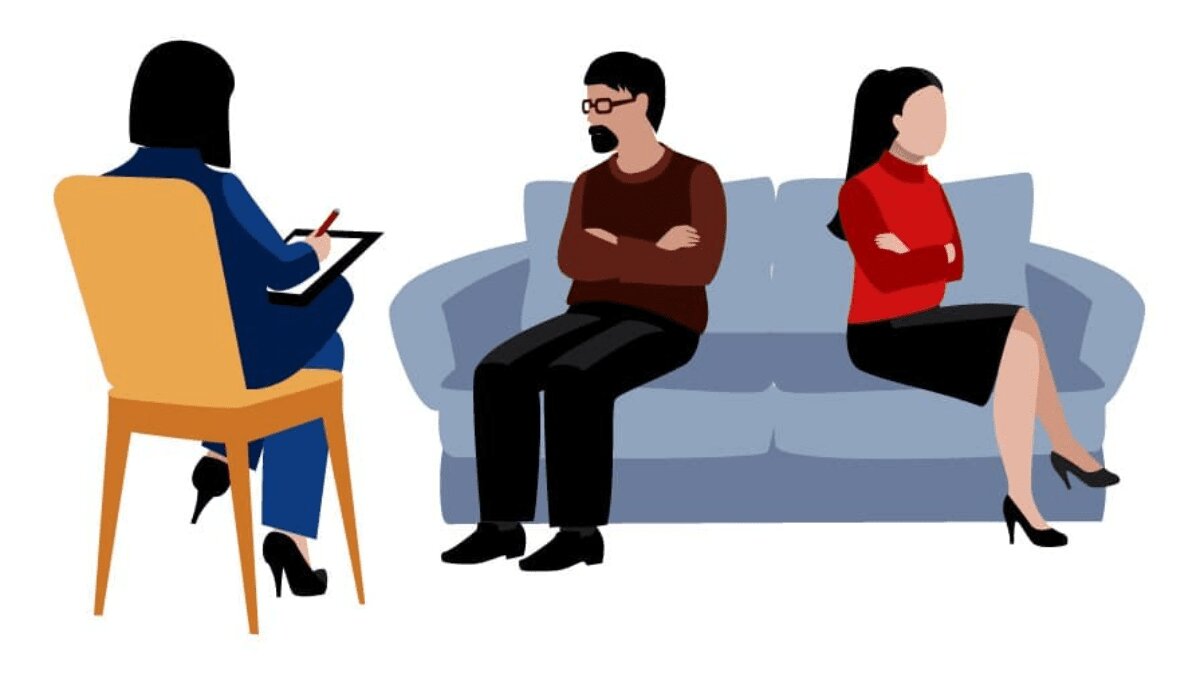Couples counseling is often hailed as a beacon of hope for relationships facing challenges and conflicts. It offers a safe space for partners to address issues, improve communication, and rebuild intimacy under the guidance of a trained therapist. However, like any therapeutic process, couples counseling is not without its drawbacks. Let’s delve into five potential disadvantages of couples counseling and explore how couples can navigate these challenges on their journey to healing and growth.
- Unequal Participation: One of the most significant disadvantages of couples counseling can arise when partners are not equally committed to the process. If one partner is resistant or uninterested in therapy, it can hinder progress and undermine the effectiveness of the sessions. This power dynamic imbalance may lead to feelings of frustration, resentment, or even exacerbate existing conflicts. To address this challenge, therapists may need to work with the couple to explore underlying issues and motivations for resistance, fostering a greater sense of collaboration and mutual commitment.
- Increased Conflict: While the goal of couples counseling is to resolve conflicts and improve communication, the therapeutic process itself can sometimes intensify tensions and lead to heightened emotions. Delving into deep-seated issues and confronting uncomfortable truths can stir up feelings of anger, sadness, or anxiety, potentially leading to heated arguments or emotional breakdowns. However, it’s essential to recognize that conflict can be a natural and necessary part of the healing process. With the support of a skilled therapist, couples can learn to navigate conflict constructively, using it as an opportunity for growth and understanding.
- Lack of Compatibility with Therapist: Finding the right therapist is crucial to the success of couples counseling, but it’s not always easy. Sometimes, couples may find that they have a personality clash with their therapist or that the therapist’s approach does not resonate with their needs and values. This lack of compatibility can hinder progress and make the therapeutic process feel like an uphill battle. However, it’s essential for couples to communicate openly with their therapist about any concerns or reservations they may have. In some cases, switching to a different therapist may be necessary to ensure that both partners feel heard and supported.
- Financial Cost: Couples counseling can be a significant financial investment, particularly if sessions are not covered by insurance or if partners require long-term therapy. The cost of therapy sessions, coupled with potential additional expenses such as childcare or transportation, can place a strain on couples already facing financial difficulties. However, it’s essential to weigh the financial cost against the potential benefits of couples counseling. Investing in the health and longevity of your relationship may ultimately prove invaluable, outweighing the short-term financial burden.
- False Expectations: Finally, one of the most significant disadvantages of couples counseling can arise from unrealistic or misplaced expectations. While couples counseling can be incredibly beneficial for many couples, it is not a magic bullet that will instantly solve all relationship problems. Healing takes time, effort, and commitment from both partners, and progress may be slow and incremental. Moreover, couples may need to continue working on their relationship long after therapy has ended. Setting realistic expectations and approaching couples counseling with an open mind can help couples navigate the challenges and reap the full benefits of the therapeutic process.
In conclusion, while couples counseling can be a powerful tool for healing and growth, it is not without its challenges. From unequal participation and increased conflict to financial costs and false expectations, couples may encounter various obstacles on their journey to relationship wellness. However, with patience, perseverance, and the guidance of a skilled therapist, couples can navigate these challenges and emerge stronger, more resilient, and more deeply connected than ever before.


